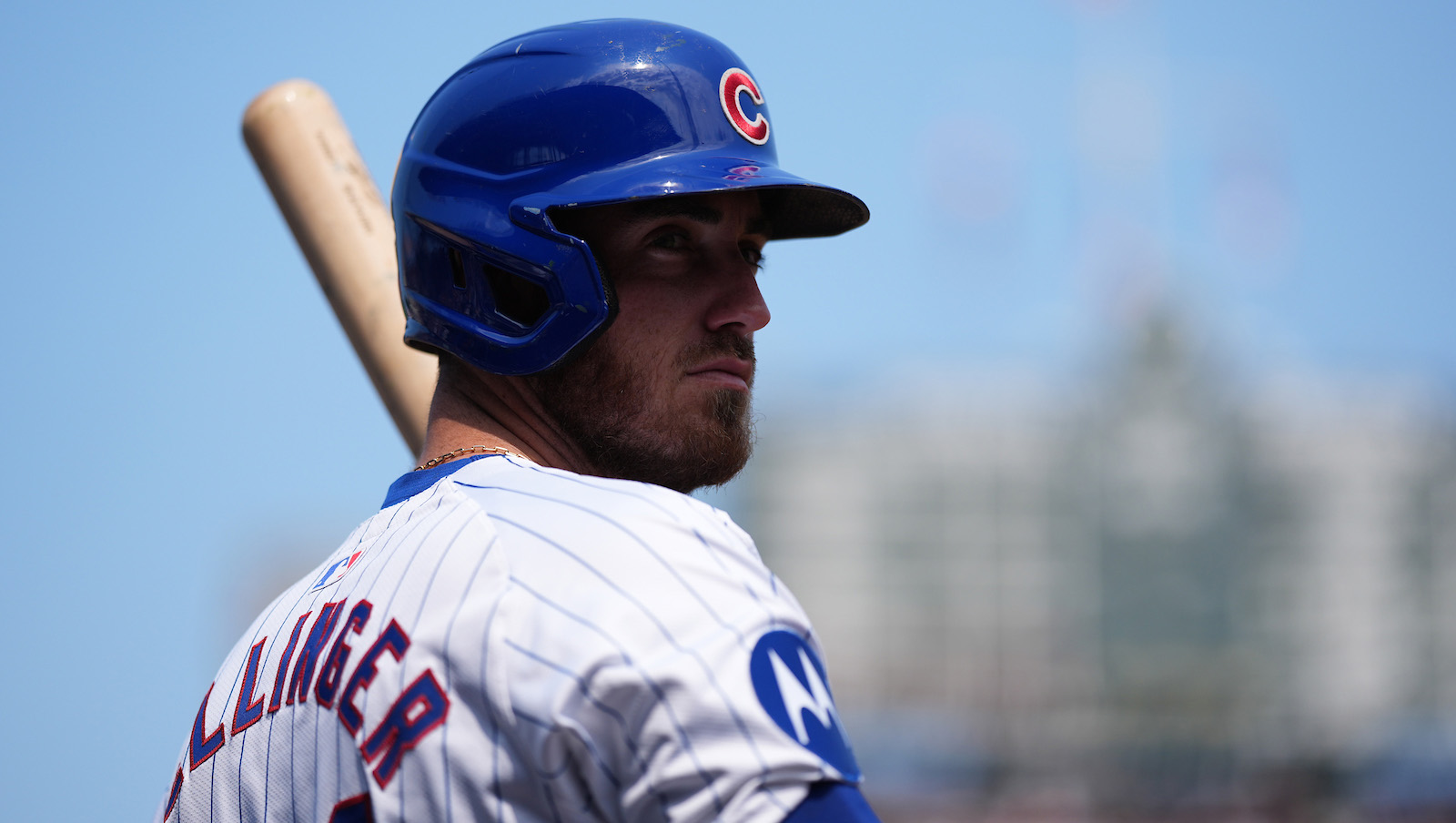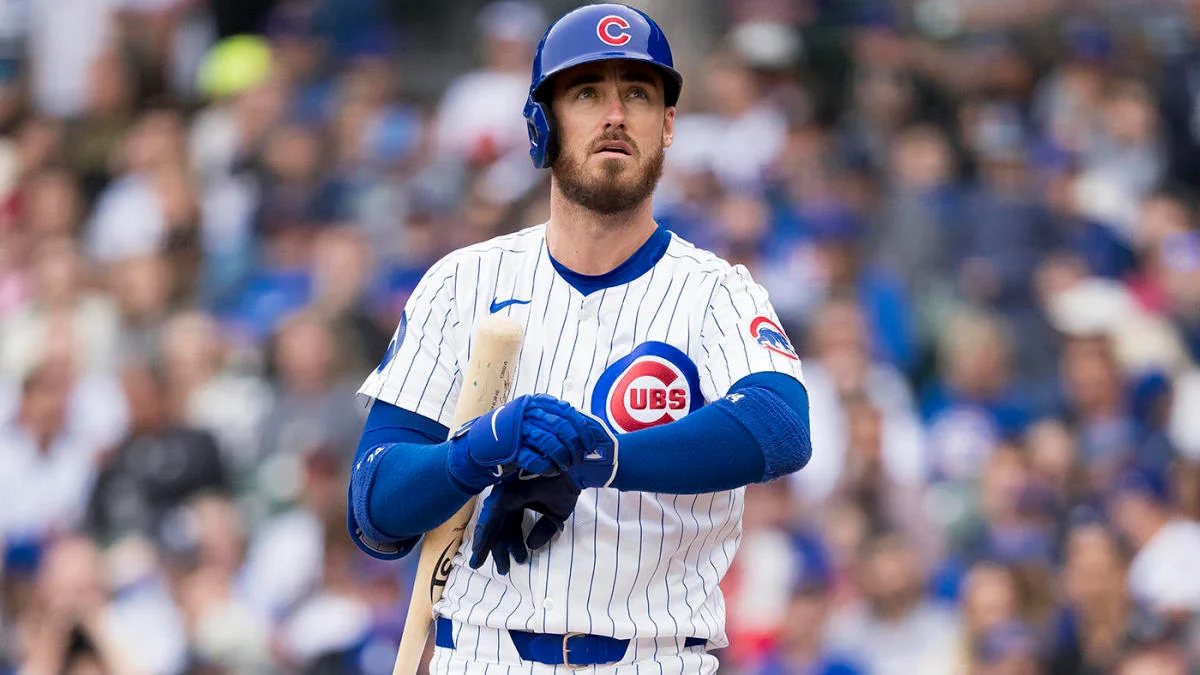When Cody Bellinger opted into his player option with the Chicago Cubs, the decision sparked some uncertainty about the team’s plans. The Cubs expressed their pleasure at having Bellinger back, but the decision also had potential drawbacks. Bellinger’s nearly $30 million contract could have been used to acquire other players, leaving the team in a tough spot if they wanted to improve. The Cubs had made a mistake by including the opt-out clause in his contract, which allowed him to return in 2025, but they now have to work with the situation.
The Cubs’ management is still trying to improve their roster this offseason, and Bellinger’s return could hinder those efforts. While he is a valuable player, they are exploring trade options to potentially move him in order to free up funds and roster spots for other improvements. Bellinger’s high salary makes him a challenging asset to trade, but the Cubs are open to exploring this possibility to continue their roster overhaul. His trade value may be complicated by the fact that he opted into his contract, suggesting that his market may not be as strong as expected.

In addition to Bellinger, another key player who could be moved is Nico Hoerner. The Cubs don’t have to trade the 27-year-old second baseman, but with the emergence of Matt Shaw, Hoerner could be used in a trade to acquire a starting pitcher. Hoerner is versatile, and capable of playing both second base and shortstop, which makes him an attractive option for teams in need of middle-infield help. Despite being in a somewhat crowded middle-infield situation with the Cubs, Hoerner’s potential is enough to make him a prime trade candidate this winter.
Bellinger remains the Cubs’ most prominent trade candidate, but his situation presents challenges. The uncertainty surrounding his value in the trade market is compounded by his decision to opt into his contract, which suggests that other teams may not view him as the highly sought-after player that was initially anticipated. This could affect how the Cubs approach trade talks, as they may not find the level of interest they hoped for, especially when it comes to acquiring high-value prospects in return.
While the Cubs have one of the best farm systems in Major League Baseball, their focus is shifting toward the big league team. The pressure is mounting for the Cubs to continue improving their major league roster, meaning they are less likely to prioritize acquiring more prospects. Bellinger’s contract could be a stumbling block in trade talks, but if another team is desperate for a player of his caliber, the Cubs could benefit from the situation. Ultimately, they will look to leverage Bellinger’s value and possibly move him if the right trade partner emerges.
